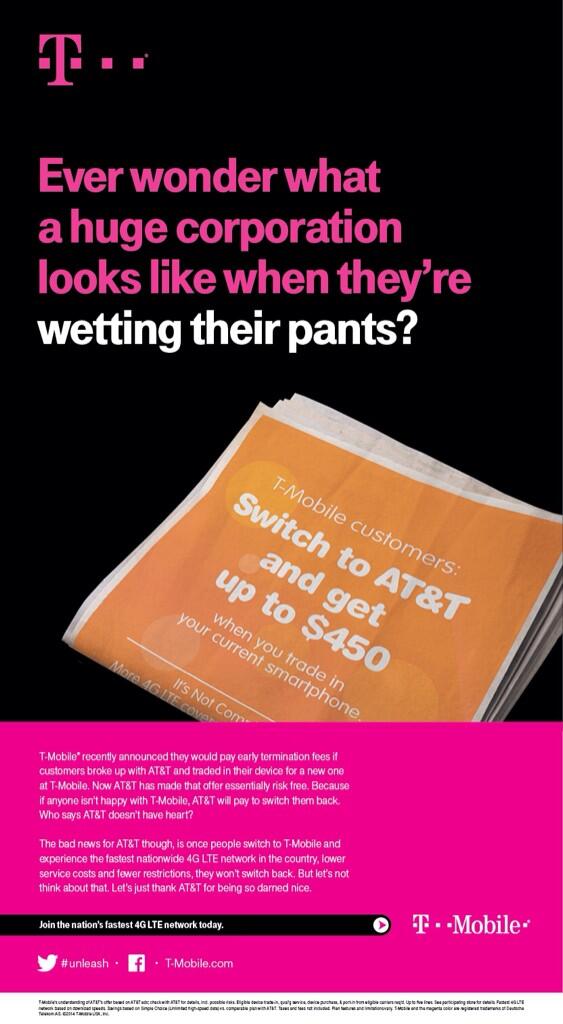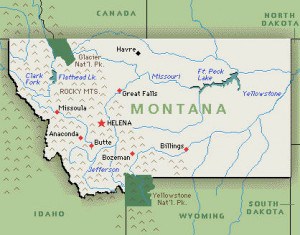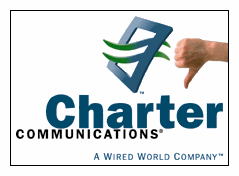
A new promotion from AT&T that matches T-Mobile’s offer to pay any early termination fees incurred from switching carriers has backfired, to T-Mobile’s amusement.
In full-page newspaper ads appearing this week, T-Mobile says AT&T just made switching to T-Mobile risk-free, because if customers don’t like T-Mobile’s service, AT&T will foot the bill to switch them back:
T-Mobile recently announced they would pay early termination fees if customers broke up with AT&T and traded in their device for a new one at T-Mobile.
Now AT&T has made that offer essentially risk free. Because if anyone isn’t happy with T-Mobile, AT&T will pay to switch them back. Who says AT&T doesn’t have heart.
The bad news for AT&T though, is once people switch to T-Mobile and experience the fastest nationwide 4G LTE network in the country, lower service costs and fewer restrictions, they won’t switch back. But let’s not think about that. Let’s just thank AT&T for being so darned nice.
Not satisfied with that missile shot across AT&T’s bow, T-Mobile also issued a press release titled “Americans Everywhere Celebrating As AT&T Dismantles Death Star,” that includes fabricated quotes from AT&T’s executives:
BELLEVUE, WA — Jan. 28, 2014 —T-Mobile US, Inc. (NYSE: TMUS) today announced that pretty much everyone at the company is overcome with emotion and still kind of processing the decision by now-ex-rival AT&T to leave the dark side, step into the light, and join hands in supporting the Un-carrier consumer revolution.
“Call it an awakening,” said Ralph de la Vega, president and CEO of AT&T Mobility, “but I felt it was time to really stir things up and put the customer first for a change. And by “customer” I’m referring to our former customers who switch to T-Mobile, because our current customers don’t really qualify.” De la Vega said that the new T-Mobile switching offer was custom designed to entice its millions of contract customers to go ahead and give T-Mobile a try. “If for any reason you don’t love T-Mobile’s 4G LTE network, which is now faster than ours[i], we’ll actually pay you up to $450 to come back to AT&T, I kid you not.”
Ok, De La Vega didn’t actually say that, but he might as well have. Thanks to AT&T’s apparent change-of-heart and incredibly generous $450 T-Mobile customer buy-back campaign, insane numbers of its very own customers and even families of AT&T employees are enjoying a risk-free, zero-cost opportunity to switch to the Un-carrier. If customers making the switch are not completely satisfied with T-Mobile and its state-of-the-art nationwide 4G LTE network (now fastest in the U.S.), AT&T will cover the costs for customers switching back to their own slower network, up to $450 with trade-in. Details of the new AT&T offer can be found at att.com/att/switcherpromo.
“Wow. I mean … wow,” breathed John Legere, president and CEO of T-Mobile. “I guess we all have moments of doubt. You know? Like, can the darkness ever be defeated? But that they’ve singled us out in this way is just so affirming. I guess we must be doing something right. I mean, if AT&T can change, it feels like anything’s possible.
“It’s kind of like that scene where Darth Vader’s lying there and Luke helps take off his helmet,” Legere continued, “and you see that, okay, sure, Darth Vader’s pretty ugly, but he’s human after all.” [….]


 Subscribe
Subscribe Fears that growing global Internet traffic might someday result in an Internet brownout were made irrelevant this week after Britain’s BT and Alcatel-Lucent achieved a new speed record in a field trial of ‘flexible grid’ infrastructure that reached 1.4 Terabits per second over an existing fiber network.
Fears that growing global Internet traffic might someday result in an Internet brownout were made irrelevant this week after Britain’s BT and Alcatel-Lucent achieved a new speed record in a field trial of ‘flexible grid’ infrastructure that reached 1.4 Terabits per second over an existing fiber network. Montana is among the bottom three states for Internet broadband performance and the state can partly blame Charter Communications for its poor service.
Montana is among the bottom three states for Internet broadband performance and the state can partly blame Charter Communications for its poor service. “The future is a ring, a community ring connecting around the community that allows data to be transmitted both internally and externally,” said Fontenot.
“The future is a ring, a community ring connecting around the community that allows data to be transmitted both internally and externally,” said Fontenot. Comcast Corporation and Charter Communications are actively working on a deal to let Comcast acquire Time Warner Cable subscribers in New York, New England, and North Carolina, according to sources
Comcast Corporation and Charter Communications are actively working on a deal to let Comcast acquire Time Warner Cable subscribers in New York, New England, and North Carolina, according to sources  Comcast’s involvement in the deal could inject much-needed cash into a takeover bid financed largely by debt. It might also prompt Charter to sweeten its offer for TWC.
Comcast’s involvement in the deal could inject much-needed cash into a takeover bid financed largely by debt. It might also prompt Charter to sweeten its offer for TWC.